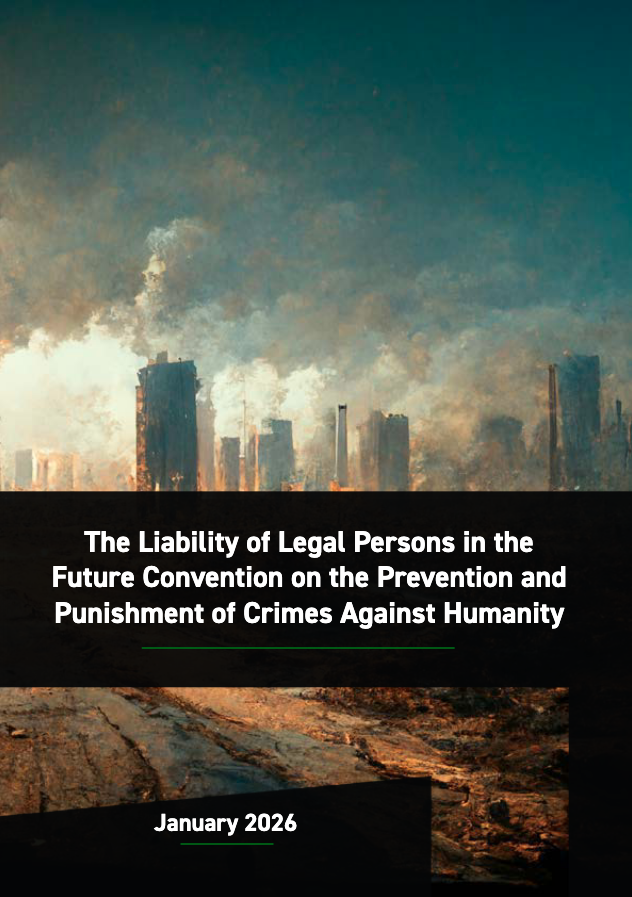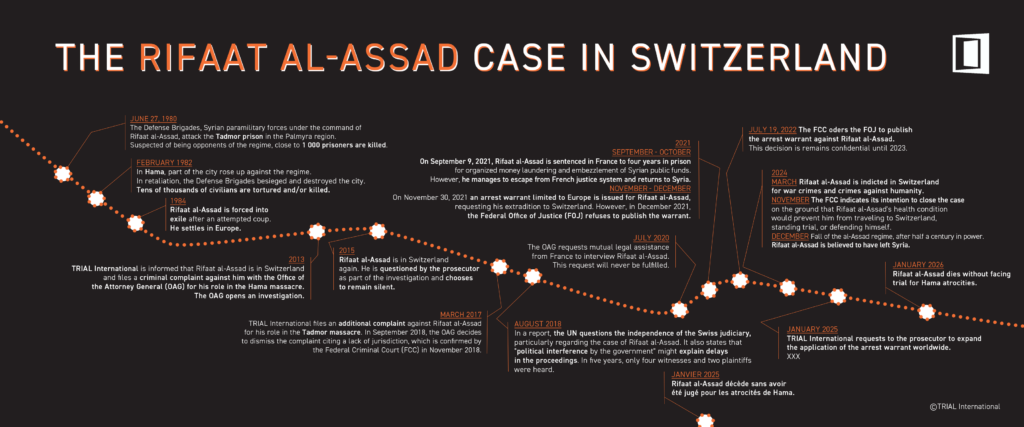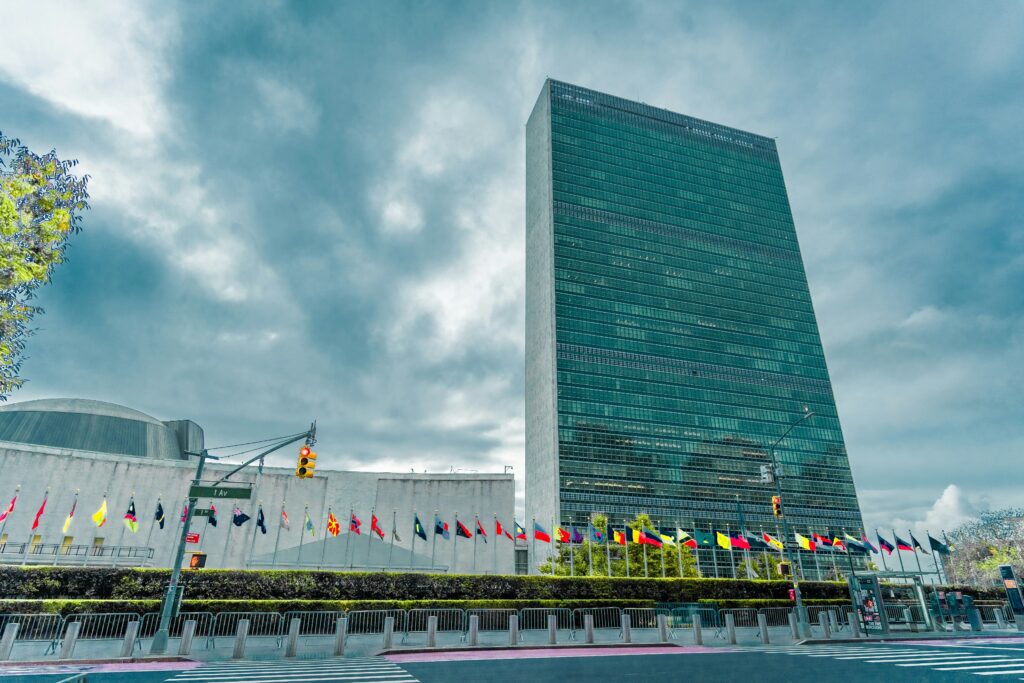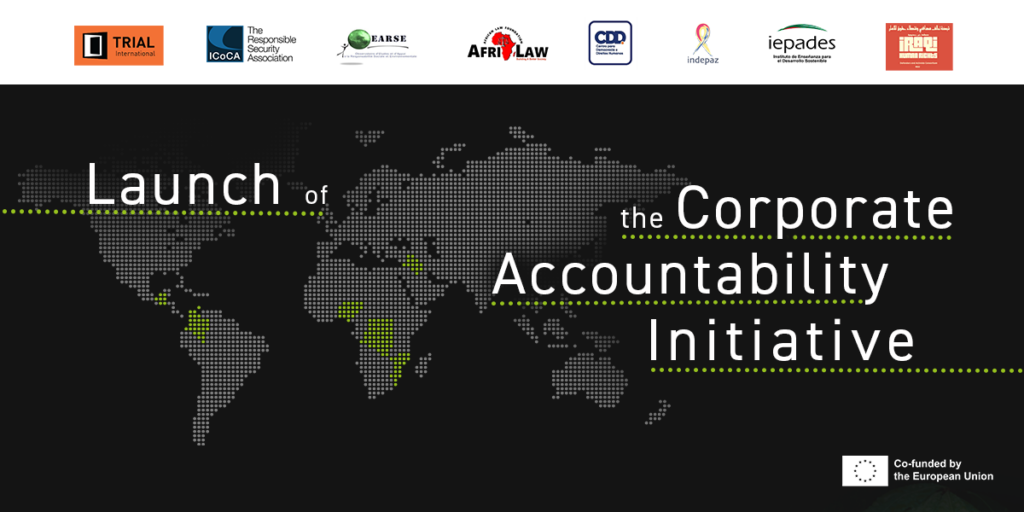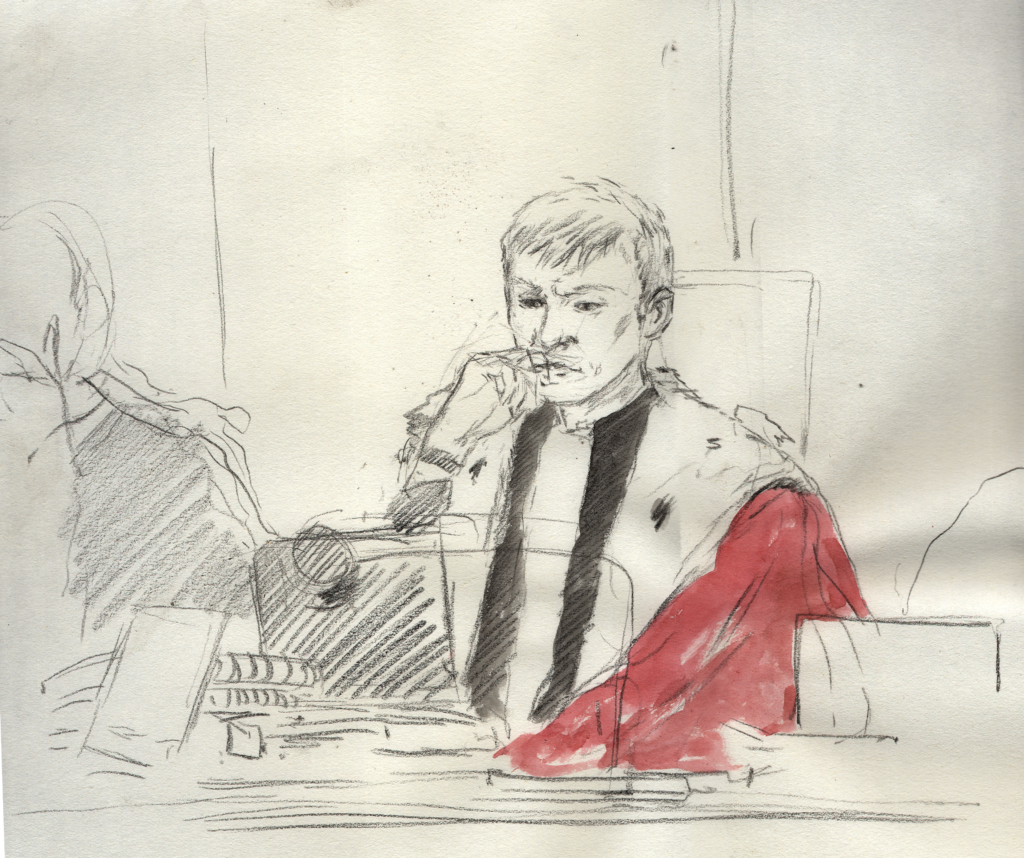Introducing MakingJusticeWork.org: Connecting knowledge, strengthening justice
On EU Day Against Impunity for Genocide, Crimes Against Humanity and War Crimes, the Global Initiative Against Impunity for International Crimes and Serious Human Rights Violations (GIAI) launches MakingJusticeWork.org, a digital platform designed to strengthen the work of key stakeholders and actors engaged in the fight for accountability.
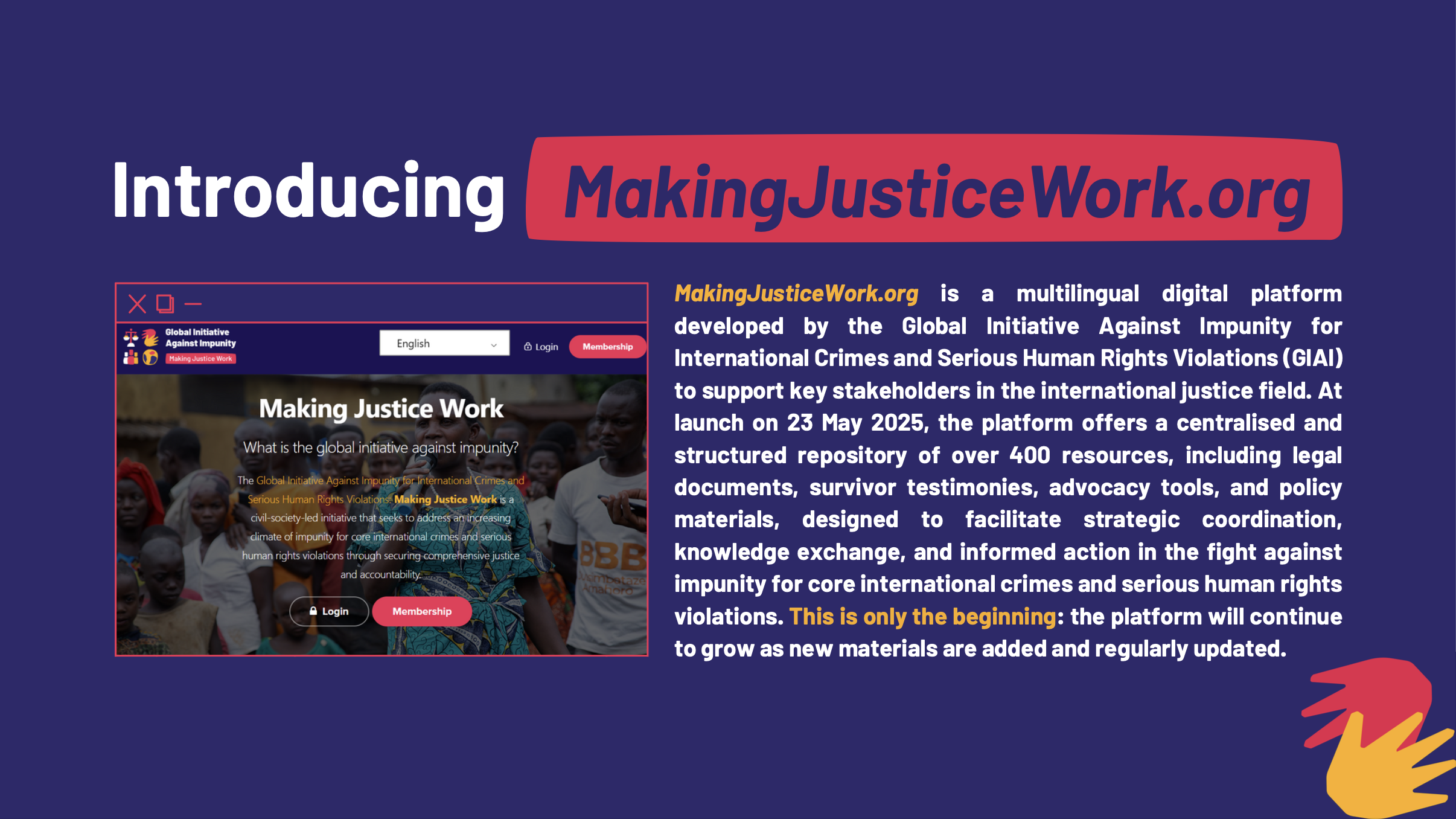
A practical tool for strengthening justice efforts
“We have found great value in Making Justice Work, which helps us tackle the real challenges we face in our daily work. Like many NGOs, we have struggled with scattered justice resources and few chances to work with partners in different regions. This platform brings together important tools, events, and connects us with a global community, which strengthens our ability to document violations and push for accountability”, underscores a representative of the Afghanistan Human Rights and Democracy Organization (AHRDO).
Launched in response to a growing need for centralised and diverse justice tools, the platform seeks to democratise access to critical information on international justice and accountability, especially for those working in under-resourced, conflict-affected, or isolated environments. Language barriers, technological limitations, and institutional divides further isolate human rights advocates and hinder collaboration, while survivor-centred tools and approaches remain difficult to access, limiting meaningful participation. Even when information is available, it is not always secure, inclusive, or easily translated into action. MakingJusticeWork.org therefore aims to respond to these challenges by consolidating vital knowledge into a single, user-friendly hub, empowering stakeholders to drive coordinated strategies, influence policy, and strengthen cross-regional solidarity in the pursuit of justice.
“MakingJusticeWork.org was born out of a clear need identified by civil society, especially from conflict-affected and under-prioritised contexts, for accessible, reliable, and secure spaces to collaborate and access justice-related knowledge. For decades, the Coalition has seen firsthand how human rights defenders, survivors, and local NGOs are too often impacted by barriers in accessing timely and relevant information. This platform is a practical response to that reality,” stresses Melinda Reed, Director of the International Secretariat of the Coalition for the International Criminal Court.
By bringing together over 400 key documents, ranging from treaties and legal briefs to survivor testimonies, practice notes, and advocacy tools, into one accessible and structured platform, MakingJusticeWork.org aims to provide a shared infrastructure that not only has the potential to strengthen coordination and strategic action, but also places survivors’ voices and experiences at the heart of justice efforts worldwide.
Designed for action: core tools to empower justice actors
“Access to international justice is a fundamental right for everyone. Efforts to implement international justice have long been fragmented and led by Western experts. The launch of this multilingual resource hub is an opportunity for victims’ associations, local partners and human rights defenders, among other users, to share their experience, strengthen their knowledge and engage with us so that we advance together accountability for the most serious crimes,” underlines Myriam Marcuello, Global Initiative against Impunity for International Crimes Programme Coordinator.
MakingJusticeWork.org is built as a practical, multilingual and user-friendly infrastructure for justice actors worldwide. At the centre of the platform is the Resource Library, a curated, multilingual hub that brings together briefing papers, thematic reports, practical guides for survivors, amicus submissions, practice notes, summaries of relevant case law and legal precedents, and more, alongside media communications materials such as joint statements, press releases, and campaigns designed to support engagement.
Complementing the library is a real-time, interactive events calendar, which highlights key international justice milestones, including ICC hearings, UN sessions, and civil society advocacy actions, enabling better coordination and strategic engagement.
The platform’s design prioritises multilingual accessibility and inclusivity, with navigation in Arabic, English, French and Spanish. The use of accessible language and thematic filters ensures that diverse users, regardless of location or capacity, can meaningfully benefit from this platform and participate.
Built through partnership, powered by purpose
Emphasising the power of collaboration in the fight against impunity, Victoria Riello-Brakensiek, GIAI Project Coordinator at the European Center for Constitutional and Human Rights (ECCHR), highlights that “this platform is more than a mere ‘repository’ of information – it is a network, a community. In a world where impunity and double standards remain pervasive, survivors and civil society often find themselves fighting alone for recognition and redress. Through its resources and features, MakingJusticeWork.org allows civil society to exchange and to learn from one another’s experiences. It gives us the opportunity to strengthen partnerships at the global level to address challenges at the local level.”
The platform, co-funded by the European Union, is the result of a collaboration between the Coalition for the International Criminal Court and eight organisations under the framework of the Global Initiative Against Impunity: Civil Rights Defenders, the Coalition for the ICC (CICC), the European Center for Constitutional and Human Rights (ECCHR), Impunity Watch, the International Federation for Human Rights (FIDH), Parliamentarians for Global Action (PGA), REDRESS, TRIAL International, and Women’s Initiatives for Gender Justice. Together, these organisations bring decades of experience in supporting survivors, documenting grave violations, building strategic litigation, and advocating for policy reform, addressing crimes such as torture, enforced disappearance, genocide, war crimes, crimes against humanity, and the crime of aggression.
The challenge of impunity is too entrenched to confront in isolation. Through this platform, and its broader work, the Global Initiative Against Impunity seeks to strengthen collective action, foster knowledge-sharing, and ensure that justice efforts are shaped by those most affected, where it matters most, for those who need it most.
Join us in #MakingJusticeWork
“The site offers relevant, timely content and helps us build relationships with others working toward justice. To us, “making justice work” means creating change by working together, including survivors in the process, and keeping victims’ needs and voices at the center of our approach. The platform helps us do exactly that. We encourage other organizations to get involved, because working together and sharing openly helps all of us make a bigger difference, strengthen our advocacy, and fight against impunity,” stated a representative of the Afghanistan Human Rights and Democracy Organization (AHRDO).
Lasting justice requires more than commitment: it demands coordinated action, experience sharing and inclusive access to knowledge for all those working to document violations, support survivors, and pursue accountability.
MakingJusticeWork.org is more than a platform, it is an invitation to connect, contribute, grow and act. By joining this community of practice, gain access to essential advocacy tools, legal resources, and a collaborative space designed to strengthen justice efforts across regions and sectors.
Explore the platform and register today: www.makingjusticework.org.
Note to users:
If you would like to become involved or learn more about the Global Initiative Against Impunity, please contact us on Makingjusticework@fidh.org.
We are committed to continuously improving MakingJusticeWork.org. For suggestions, questions, or to share your experience using the platform, please contact: communications@coalitionfortheicc.org. Your input helps us build a stronger, more inclusive community for justice.

